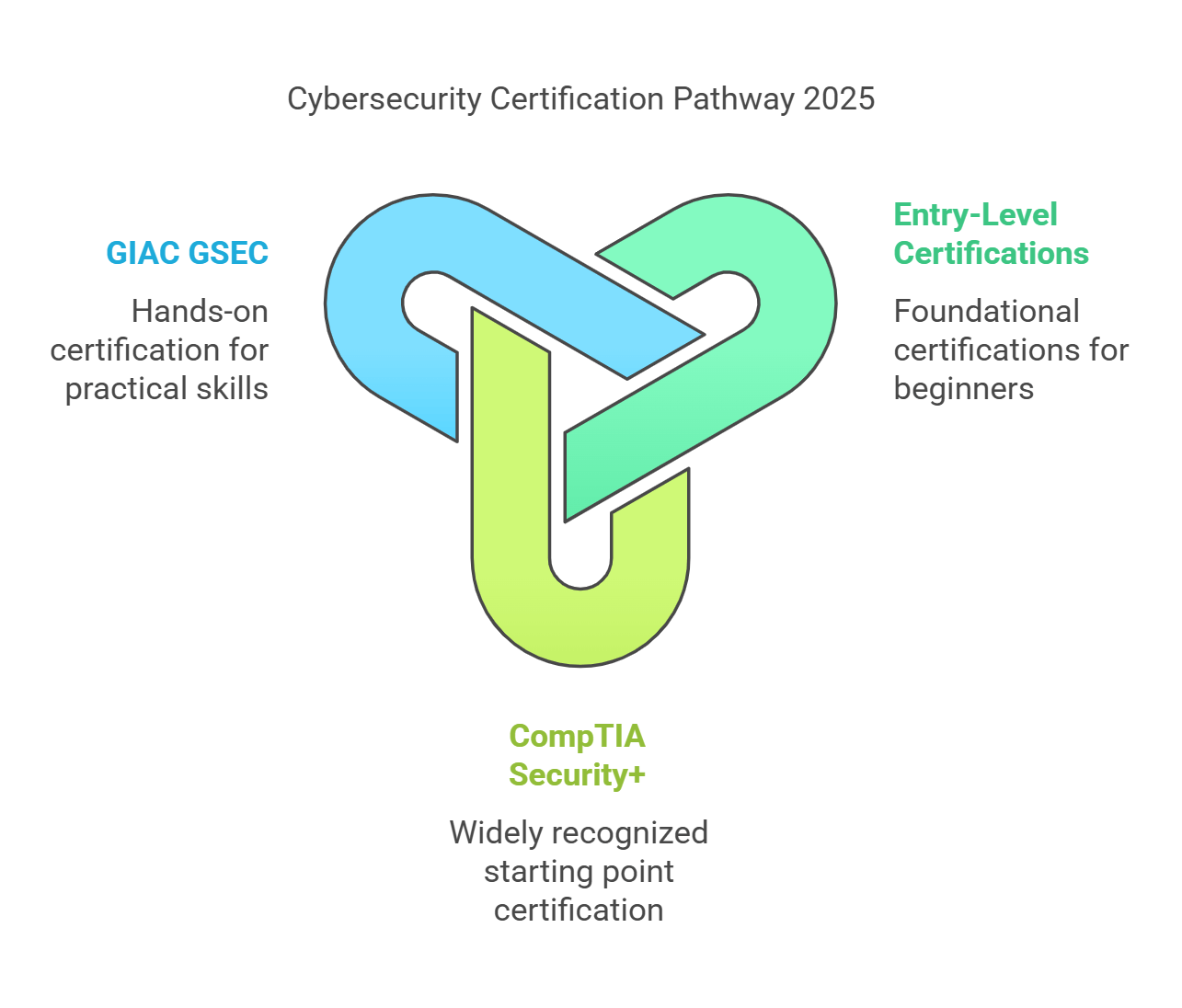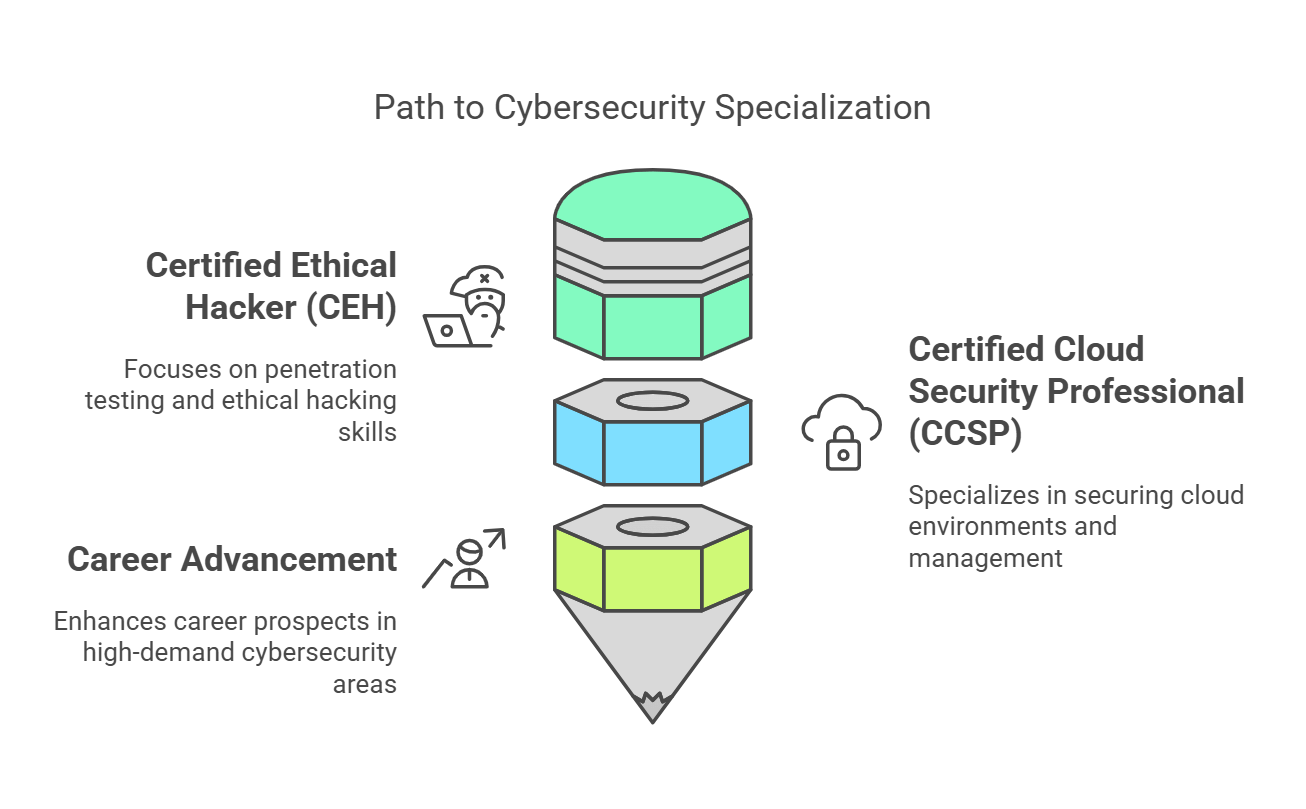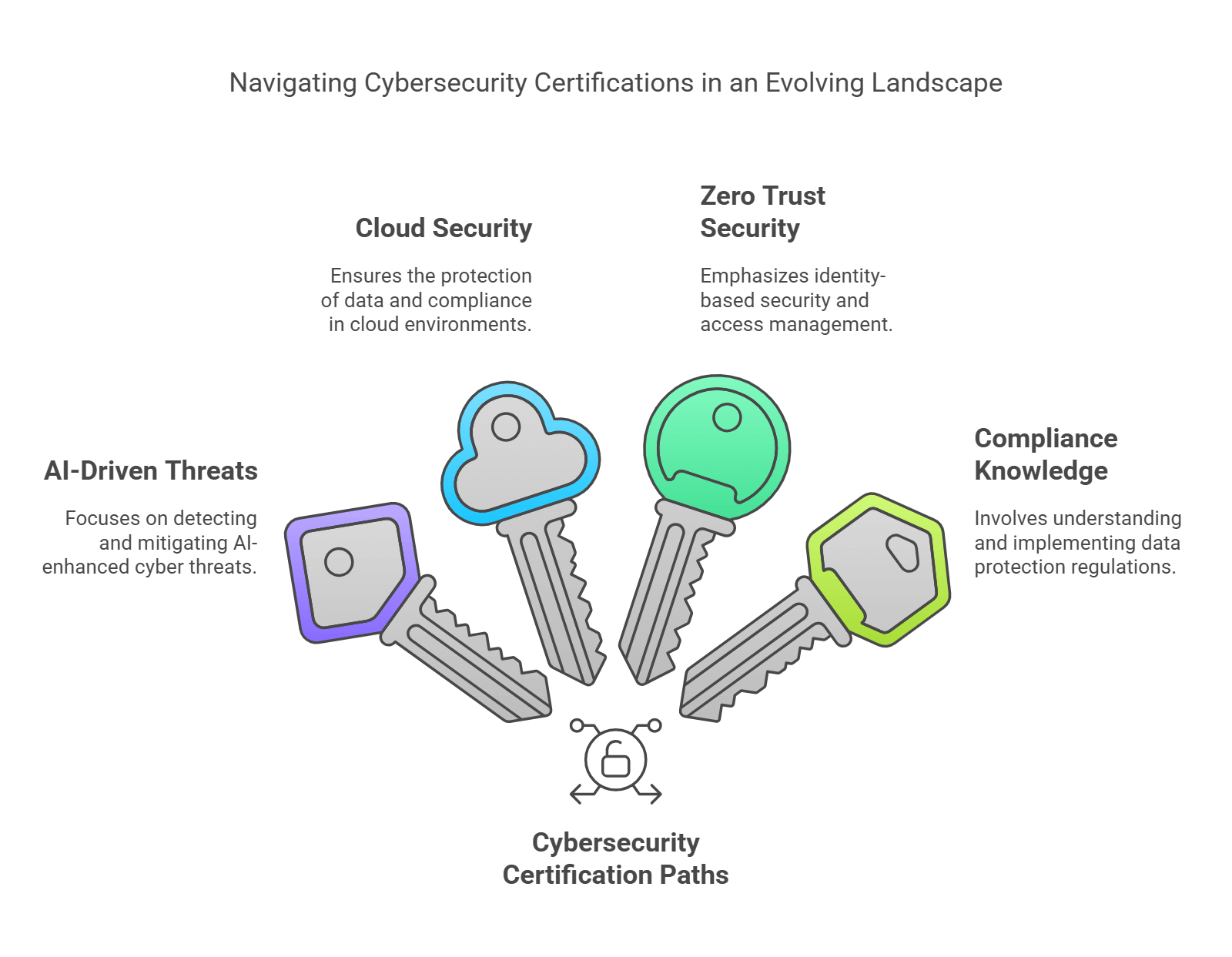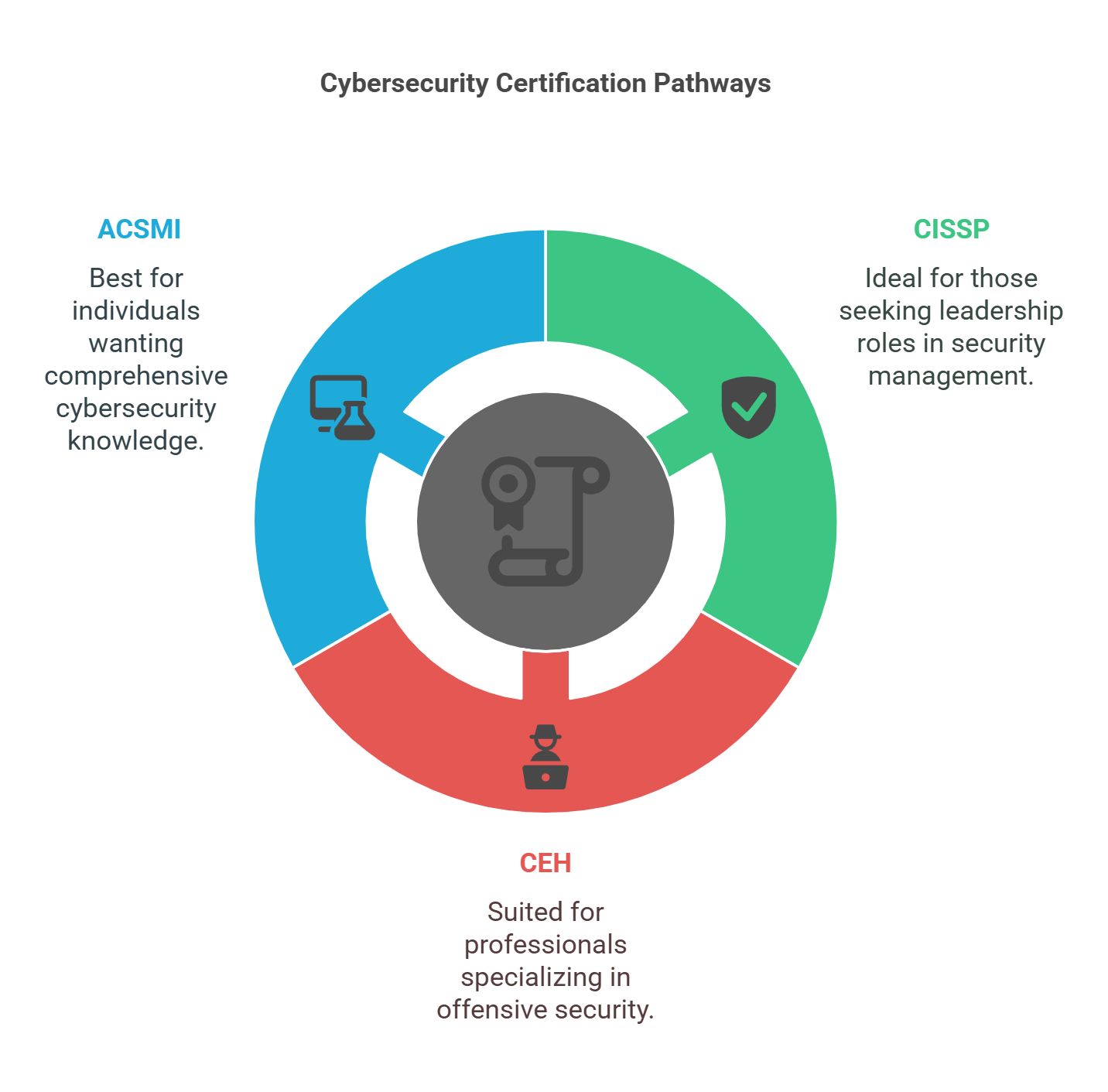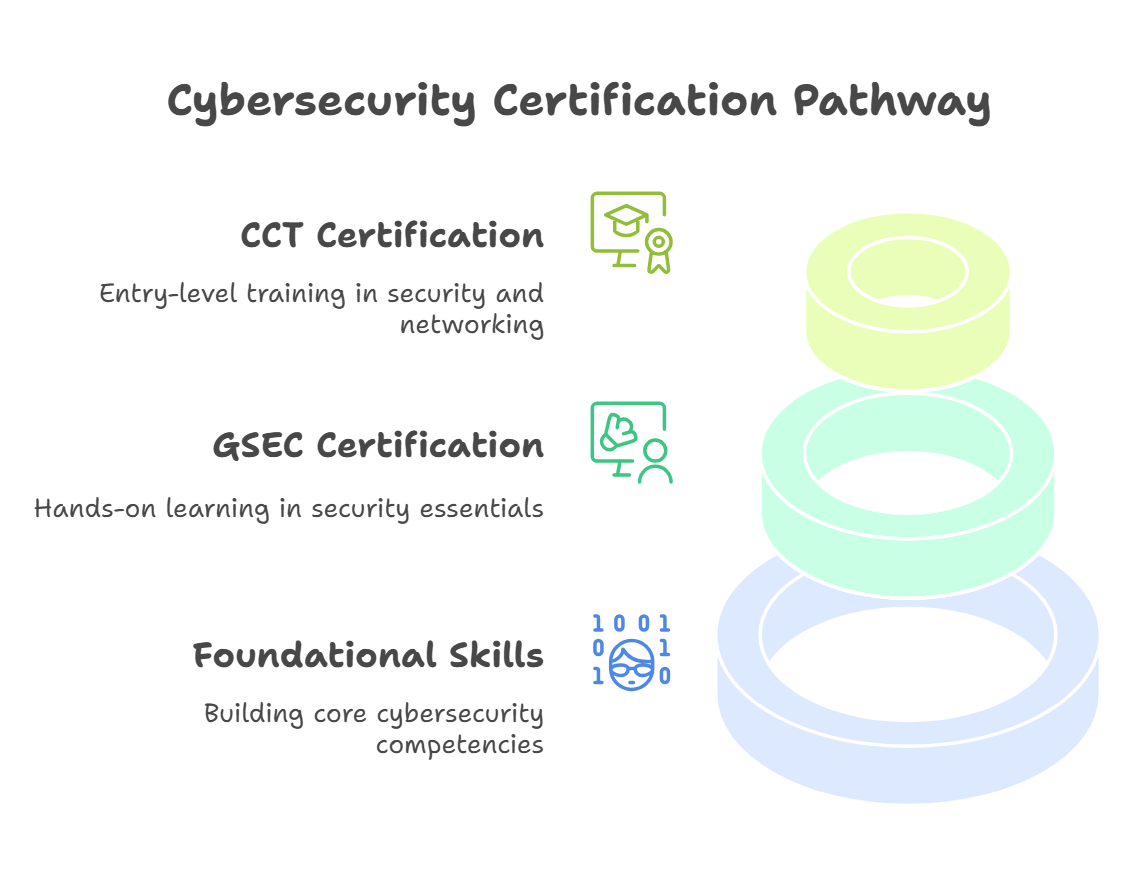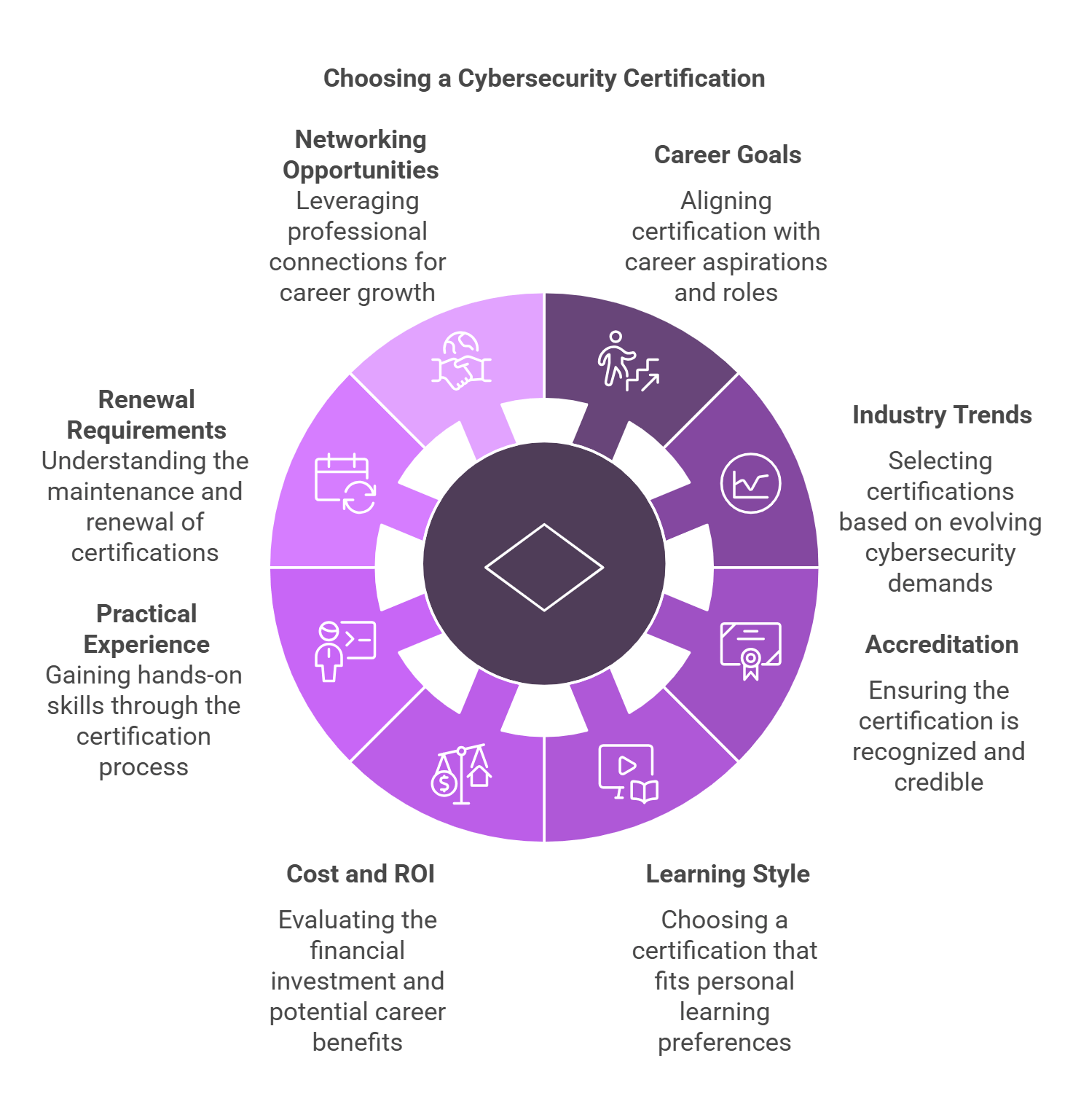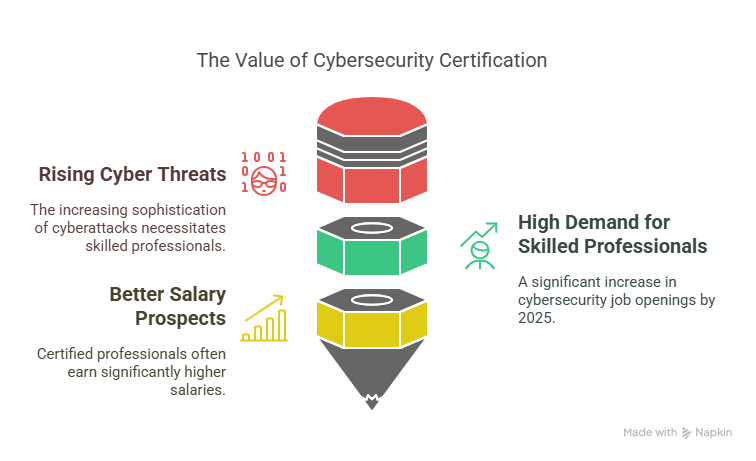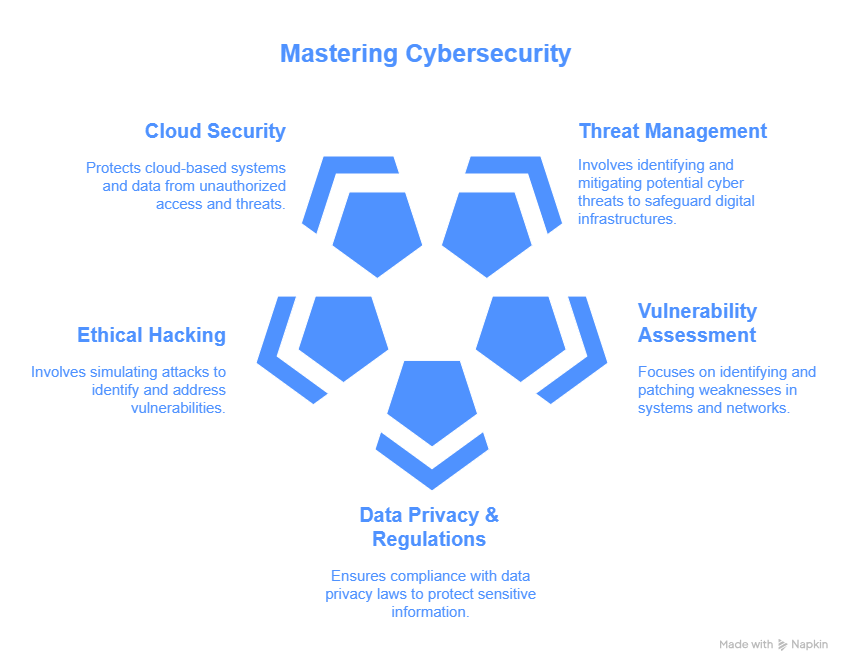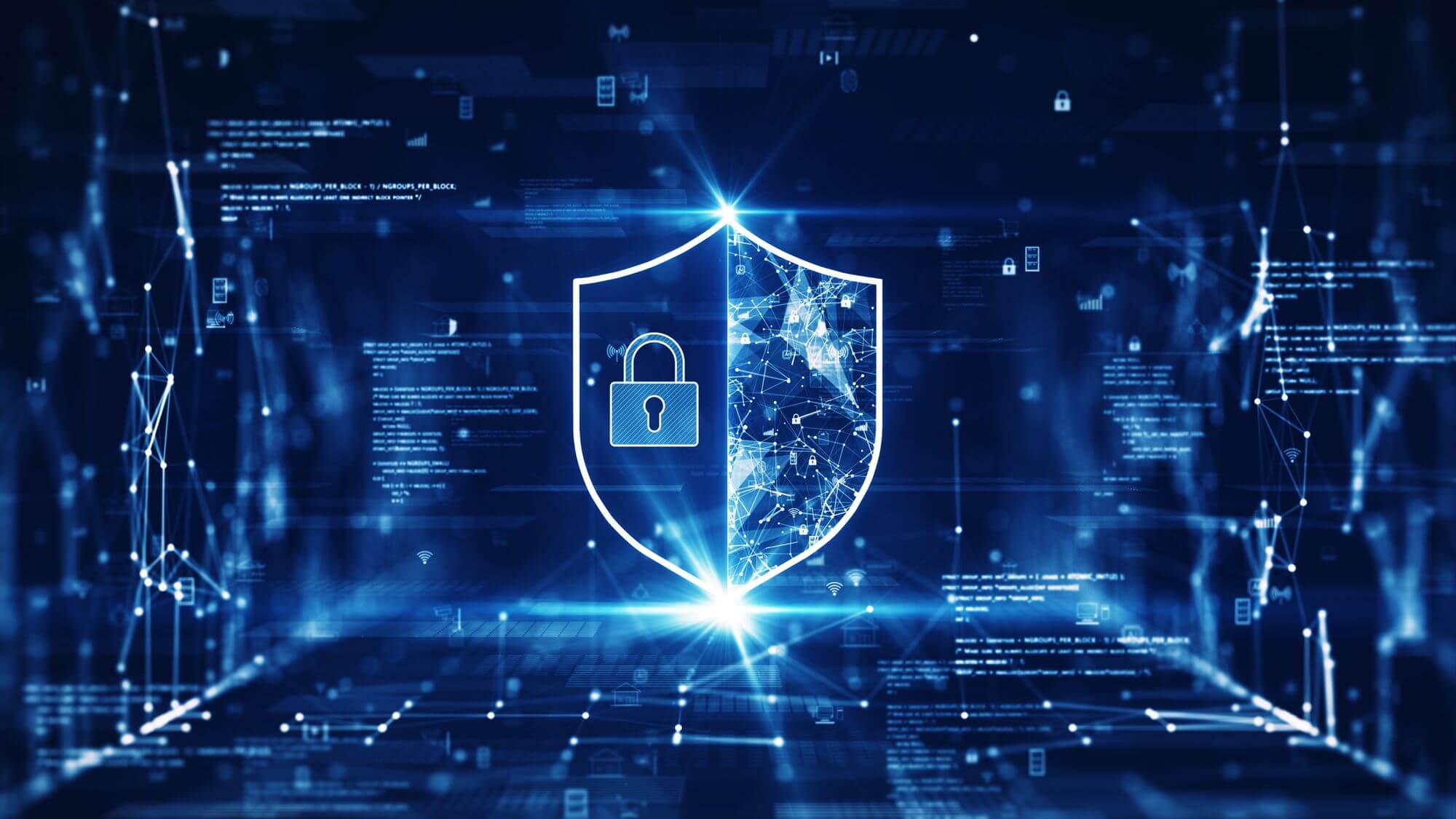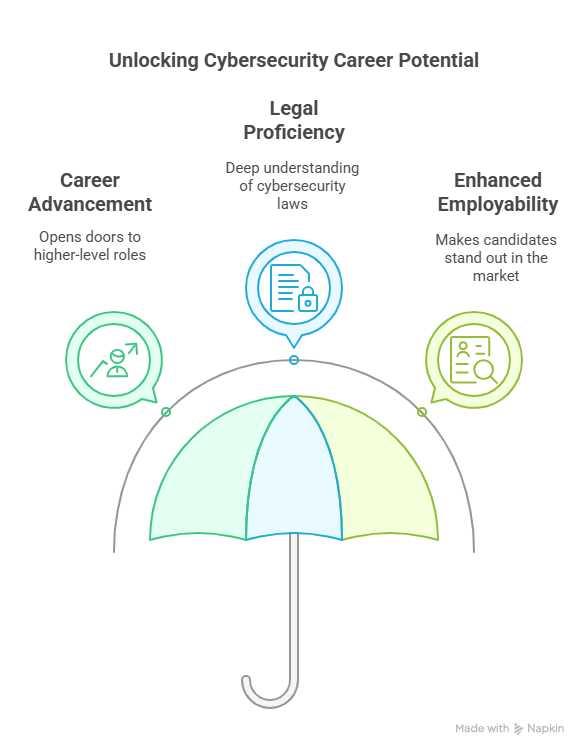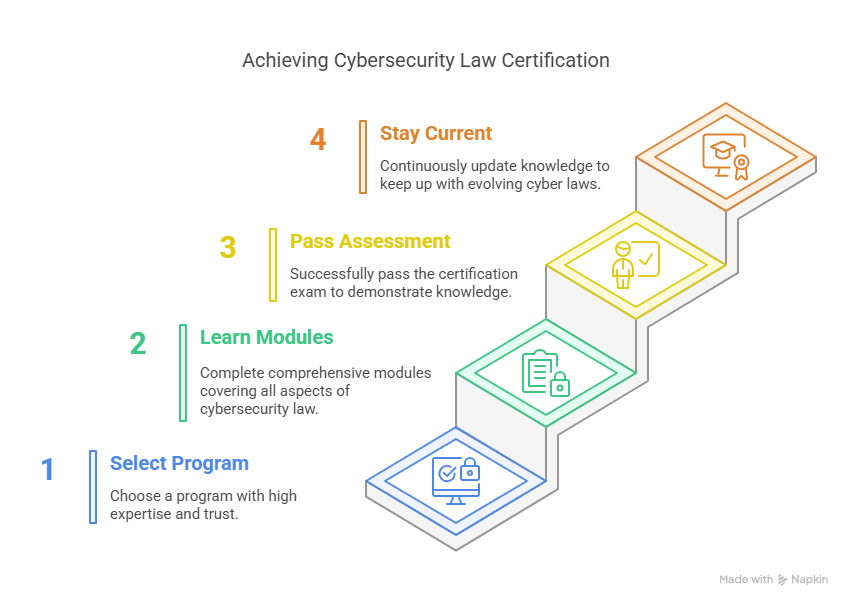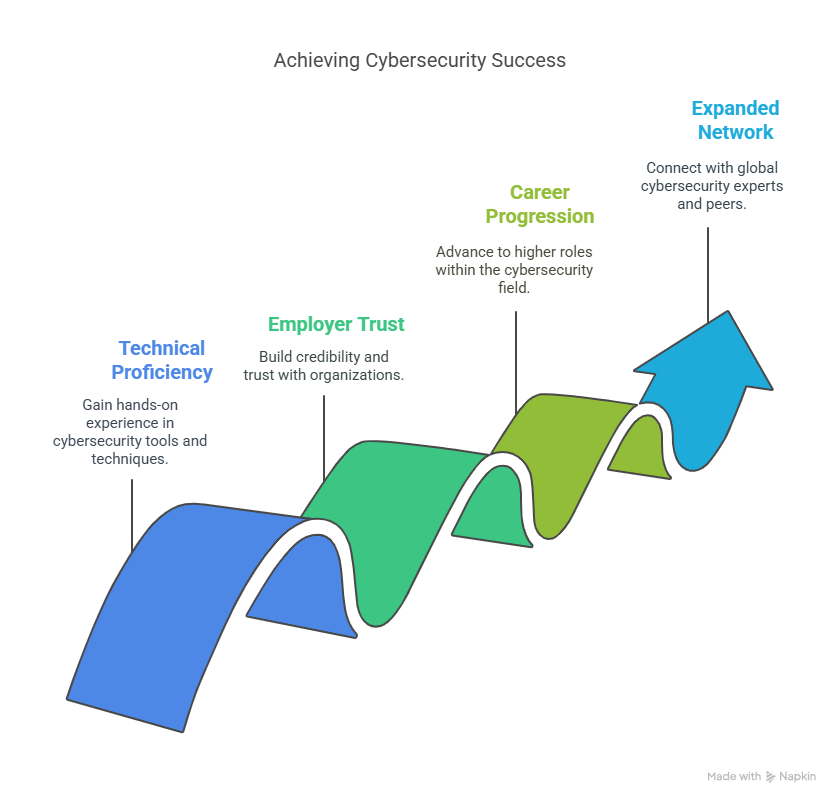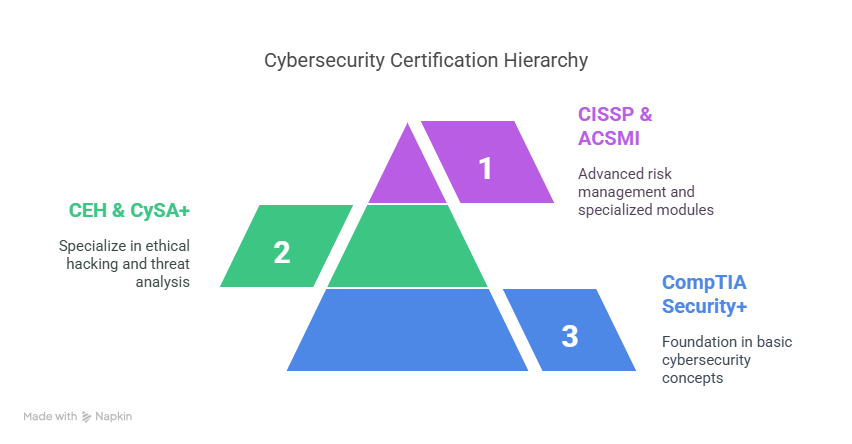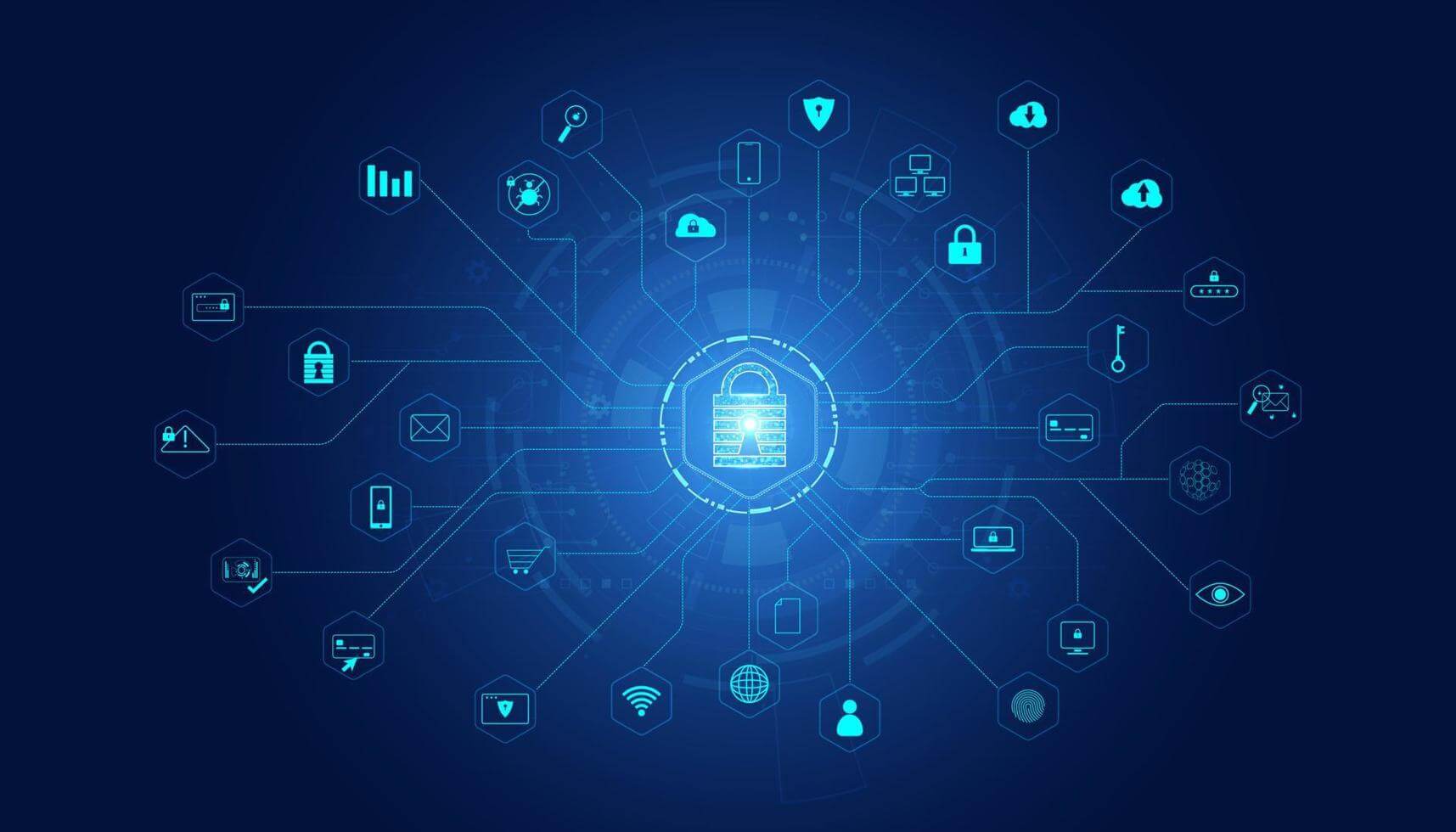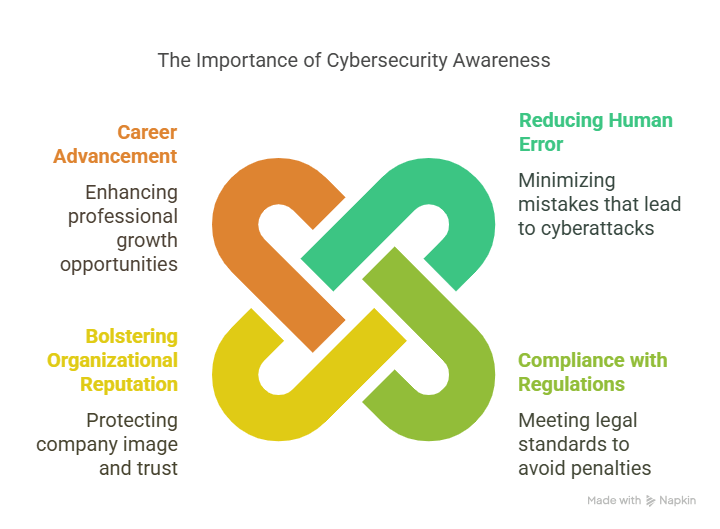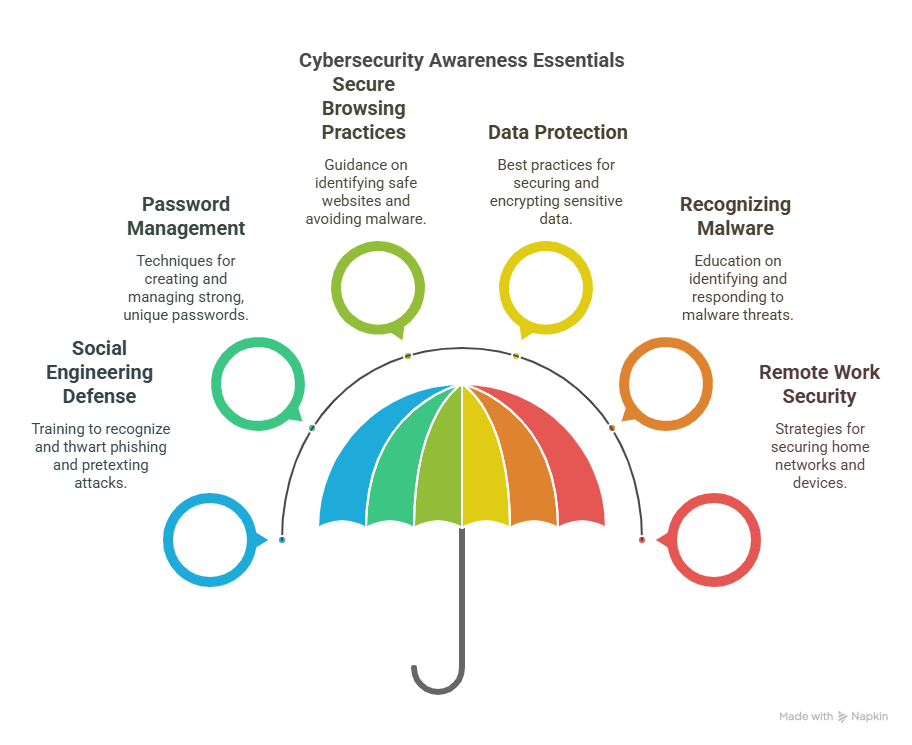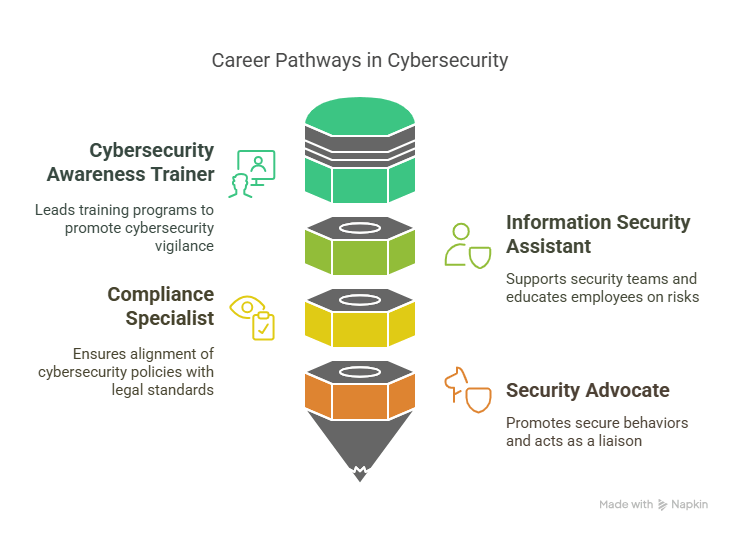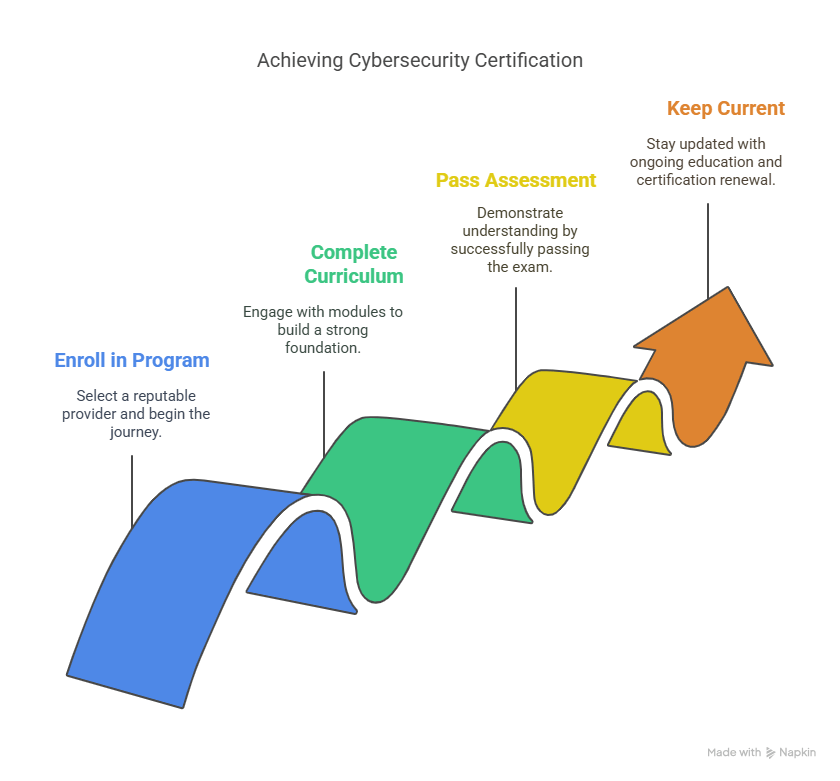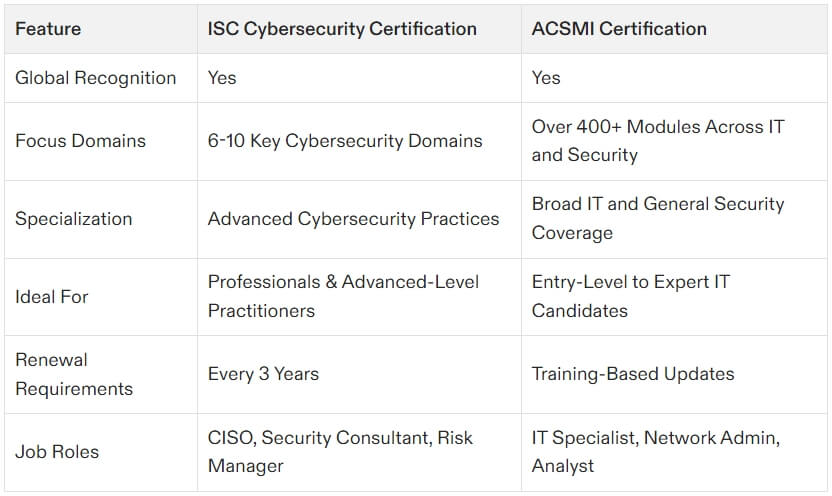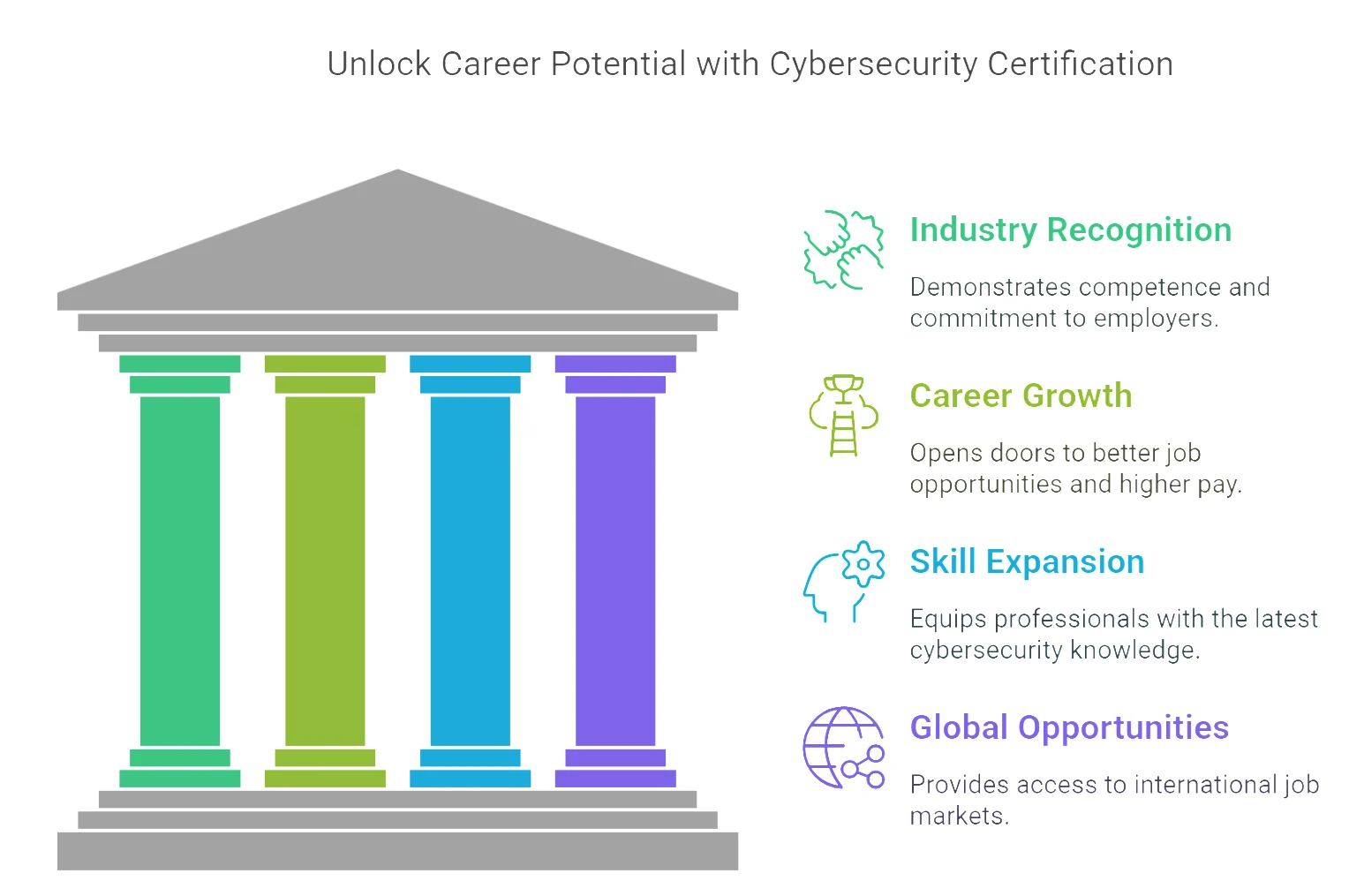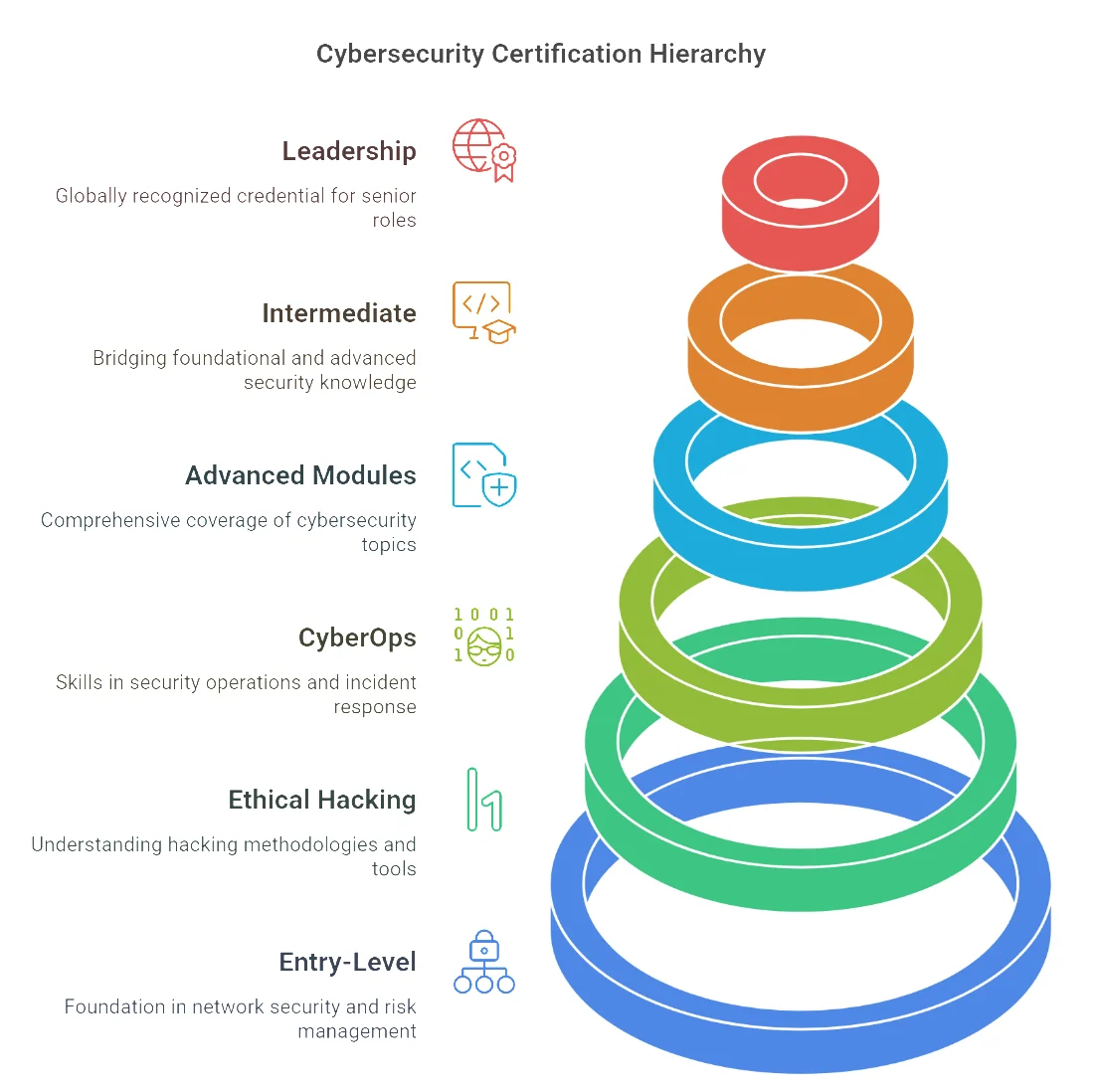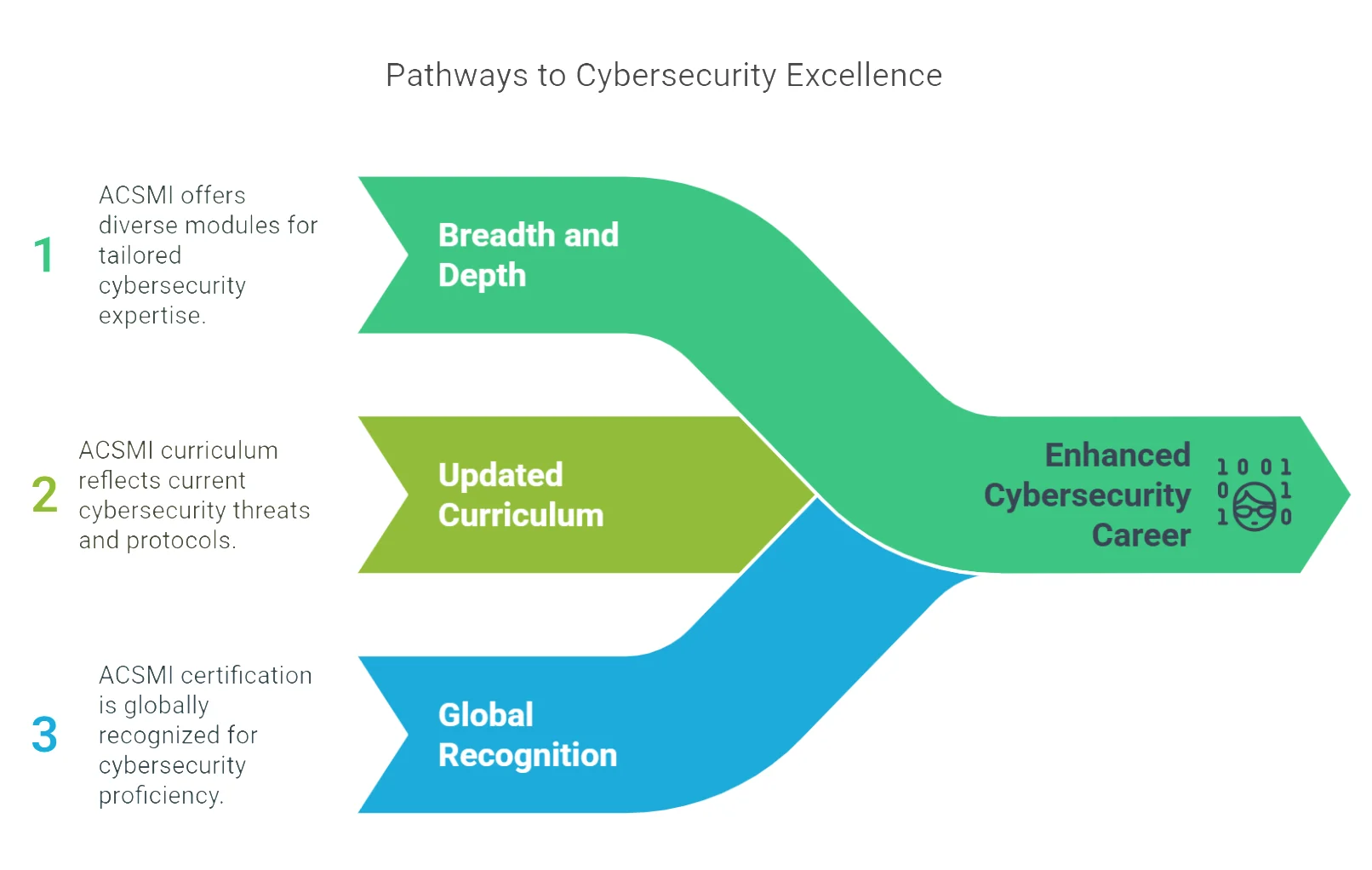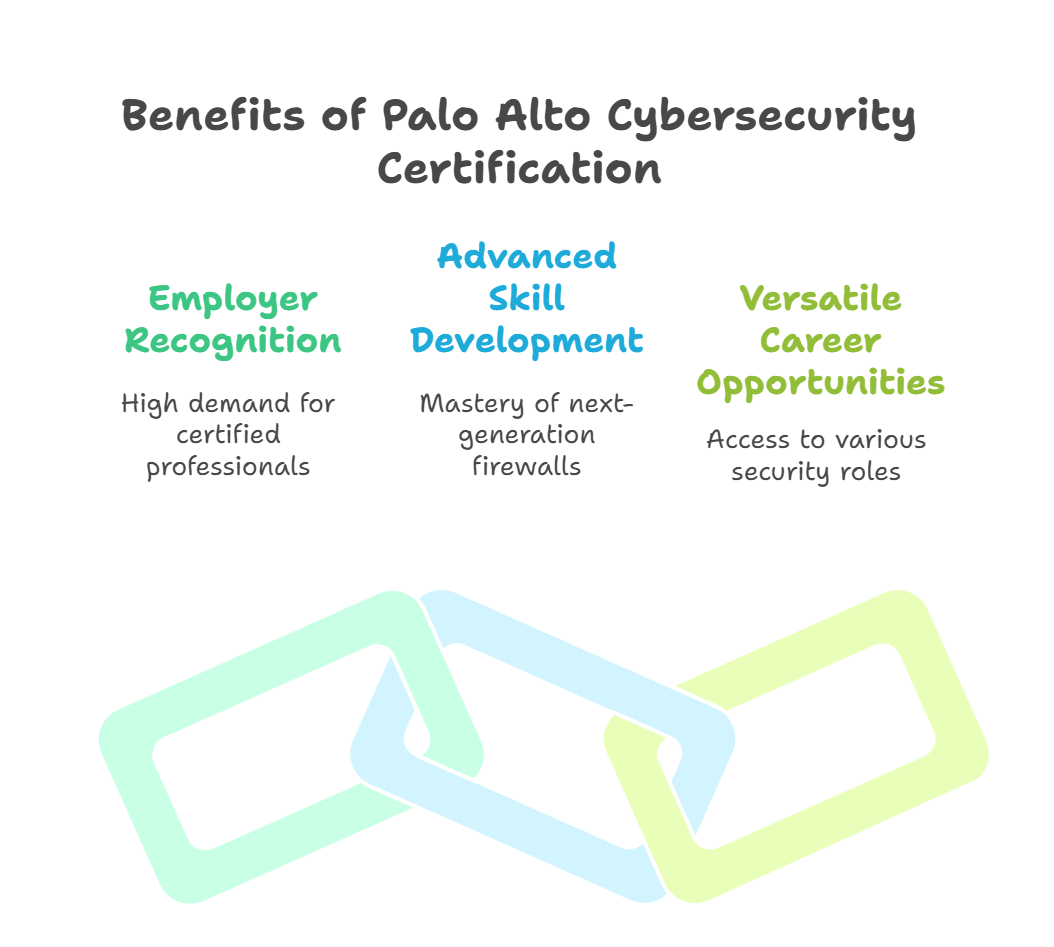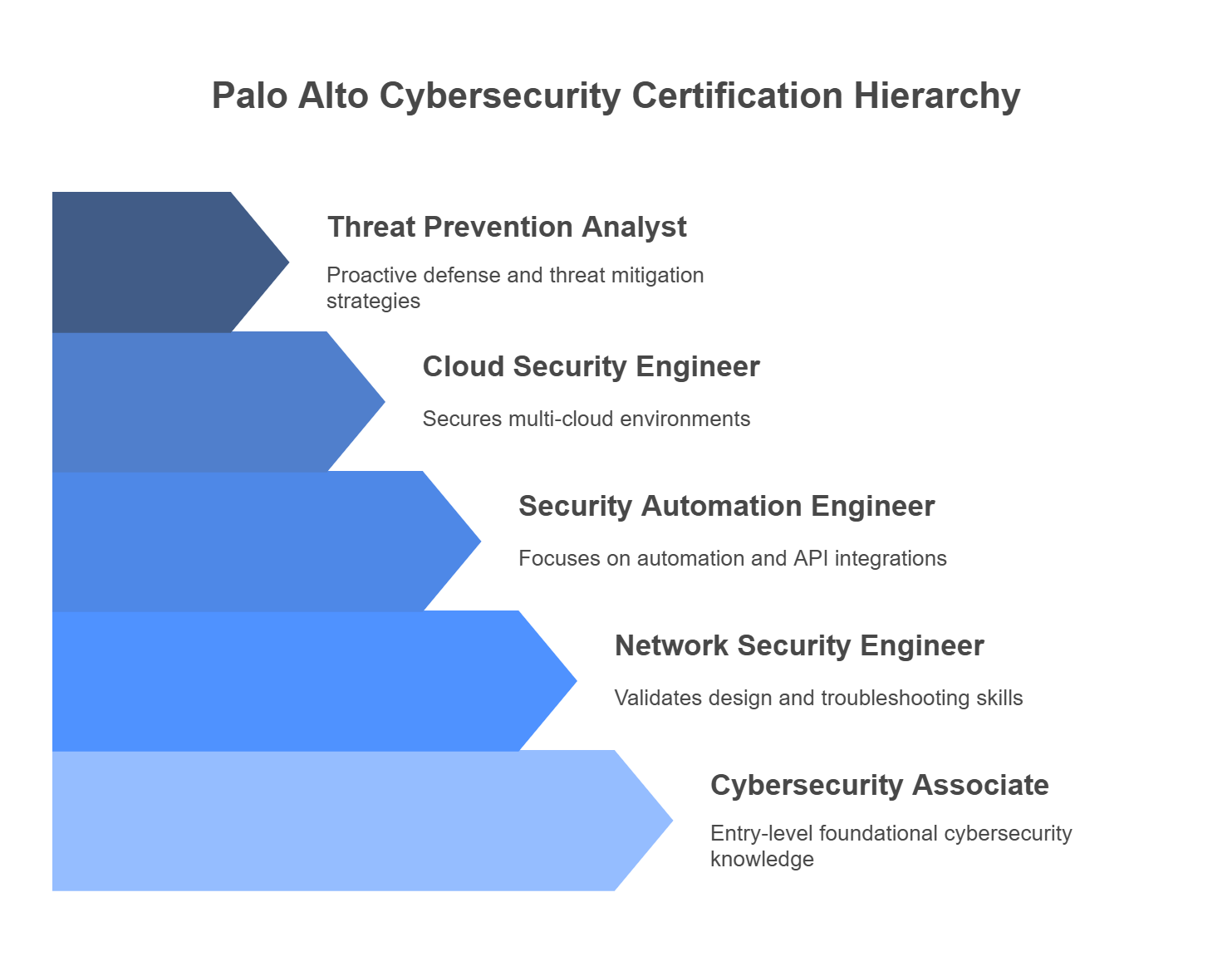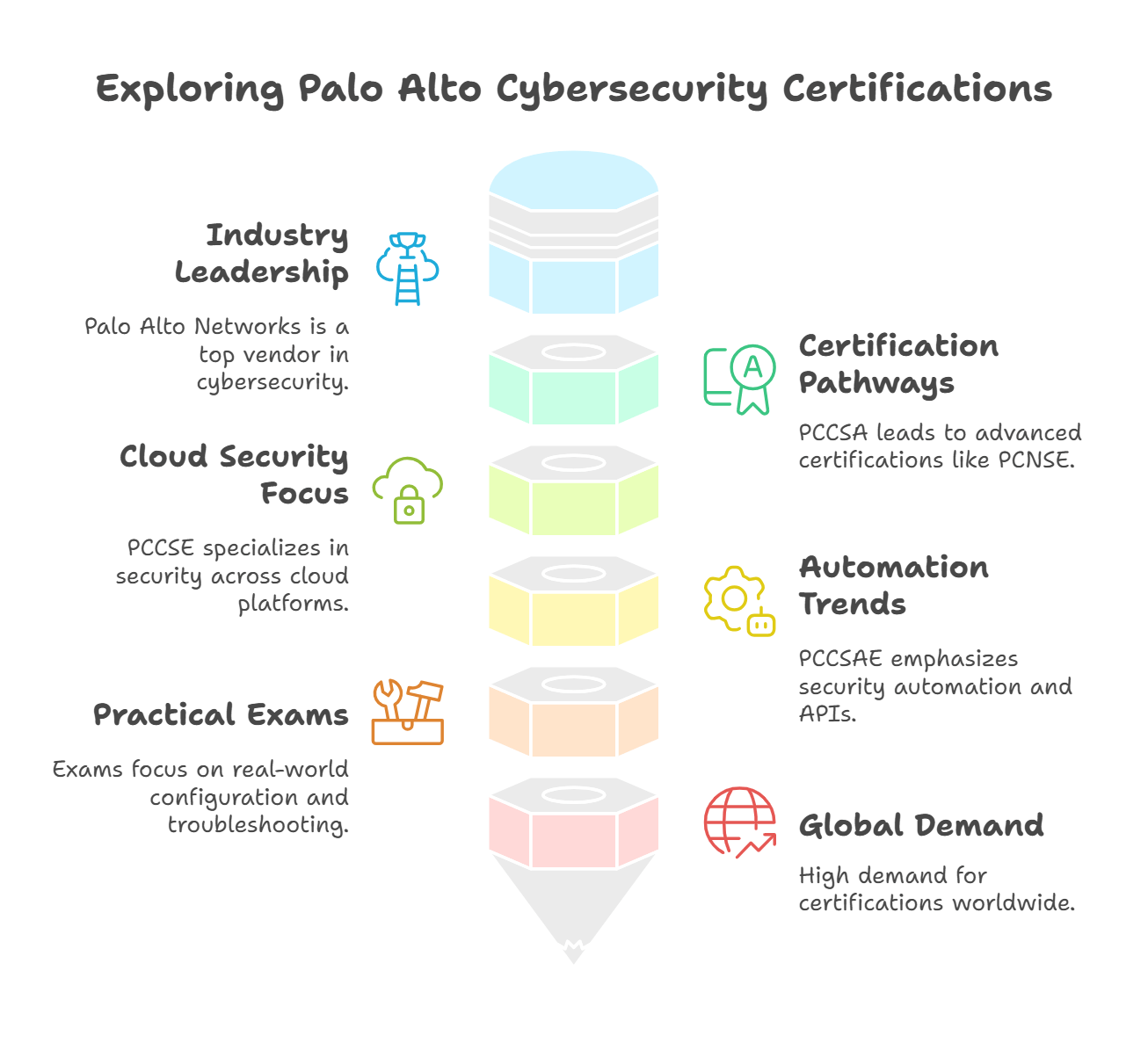Table of Contents
- Why the Cybersecurity Certification Roadmap 2025 Matters
- Key Certifications to Include in Your Cybersecurity Certification Roadmap 2025
- Trends Influencing the Cybersecurity Certification Roadmap 2025
- Benefits of Following the Cybersecurity Certification Roadmap 2025
- The Untold Benefits of Cybersecurity Certifications
- How to Follow the Cybersecurity Certification Roadmap 2025
- Informative Table on ACSMI Certification
- Final Thoughts
- FAQ About Cybersecurity Certification Roadmap 2025
The cybersecurity domain is at the forefront of today’s digital revolution, safeguarding the infrastructure on which our world relies. As the world becomes increasingly dependent on digital technology, the need for cybersecurity professionals has never been more urgent. For those looking to enter or progress in this dynamic field, a clear and methodical path is essential. Enter the Cybersecurity Certification Test and the cybersecurity certification roadmap 2025—a comprehensive guide to navigating certifications, career paths, and industry trends to achieve your goals.
Whether you’re an enthusiast just starting out or a seasoned professional aiming for advancement, this roadmap organizes the complex array of certification options into a streamlined plan. From entry-level qualifications to specialized credentials, this guide offers the insight you need to excel in the ever-evolving cybersecurity industry.
Why the Cybersecurity Certification Roadmap 2025 Matters
Cybersecurity is an evolving field with job vacancies projected to exceed 3.5 million worldwide. Certifications are key to standing out in this competitive industry. They validate your skills, enhance your credibility, and ensure your knowledge stays aligned with cutting-edge advancements. The cybersecurity certification roadmap 2025 provides clarity for professionals at all levels. It streamlines decision-making and ensures alignment with the latest industry demands, such as artificial intelligence (AI), cloud security, and regulatory compliance.
This roadmap isn’t just about selecting certifications—it’s about future-proofing your career and staying ahead of emerging trends. As the industry faces new challenges and opportunities, your career path can be defined by how well you adapt to these changes through strategic certification choices.
Key Certifications to Include in Your Cybersecurity Certification Roadmap 2025
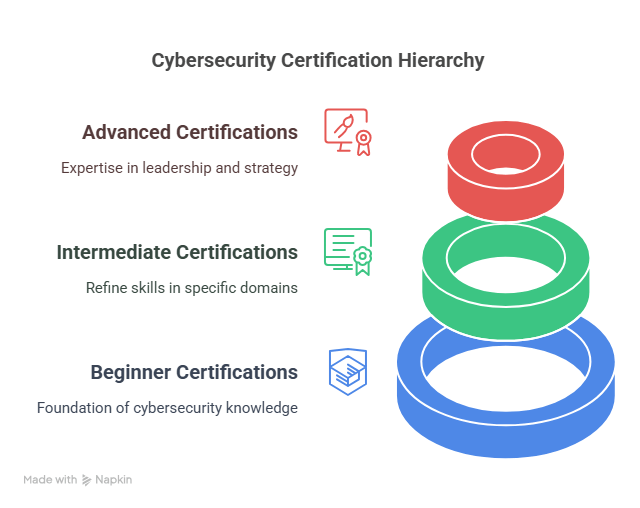
1. Beginner-Level Certifications
For those new to the field, beginner certifications form the foundation of your cybersecurity career. These certifications provide fundamental knowledge and practical exposure to the tools and techniques needed to start in cybersecurity.
Recommended Certifications:
-
CompTIA Security+: This widely recognized certification covers essential topics such as network security, risk management, and threat detection, forming a strong base for future specialization.
-
Certified Cybersecurity Professional (CCP): Aimed at entry-level professionals, the CCP certification is highly regarded by hiring managers and provides a stepping stone into cybersecurity roles.
2. Intermediate-Level Certifications
Once you’ve gained some industry experience, intermediate certifications refine specialized skills and offer opportunities to dive deeper into specific cybersecurity domains.
Recommended Certifications:
-
Certified Ethical Hacker (CEH): CEH focuses on penetration testing and ethical hacking practices, teaching you how to identify vulnerabilities in systems and secure them before cybercriminals can exploit them.
-
Certified Cloud Security Professional (CCSP): As cloud computing becomes more prevalent, CCSP certifications are essential for professionals focused on securing cloud infrastructures and services.
3. Advanced-Level Certifications
For seasoned professionals, advanced certifications pave the way to leadership positions and provide expertise in the most complex areas of cybersecurity. These certifications validate skills in areas like strategic planning, risk management, and organizational security measures.
Recommended Certifications:
-
Certified Information Systems Security Professional (CISSP): CISSP is a gold standard for professionals in managerial roles, emphasizing security policy development, strategic planning, and risk management.
-
ACSMI Security Certification: ACSMI offers an advanced certification with more than 400 modules covering cutting-edge topics such as AI-driven threat responses, cloud infrastructure security, and zero-trust architecture. It is ideal for professionals seeking to specialize in emerging technologies.
Trends Influencing the Cybersecurity Certification Roadmap 2025
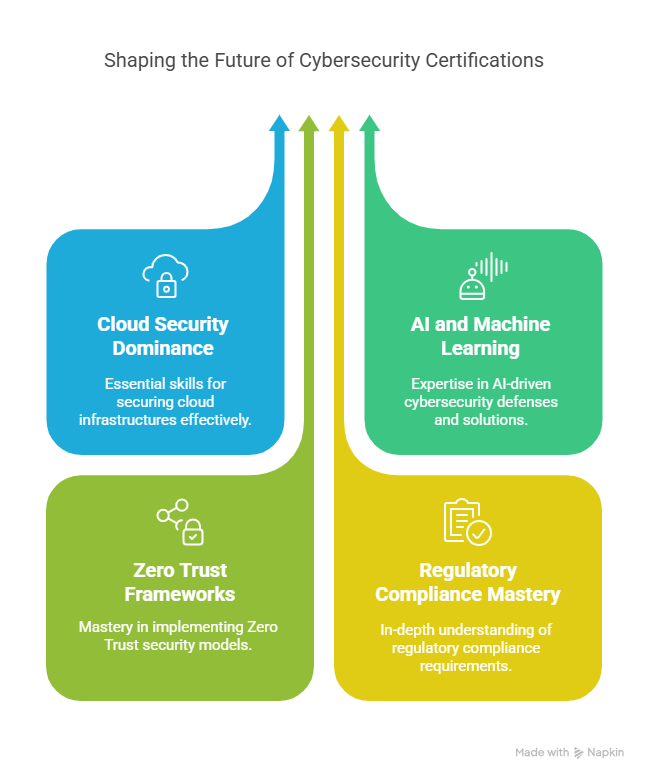
As the cybersecurity field continues to evolve, it’s crucial to stay aligned with emerging trends. Earning a Cybersecurity Specialist Certification can help professionals stay competitive and relevant. Here are some of the key trends that are shaping the cybersecurity certification roadmap 2025:
Cloud Security Dominance
With more organizations migrating their operations to the cloud, cloud security has become one of the most in-demand skills. Certifications like CCSP and ACSMI’s Cloud Security modules focus on securing distributed infrastructures and are essential for professionals looking to secure cloud systems.
AI and Machine Learning in Cybersecurity
As AI-driven cyberattacks become more prevalent, the need for professionals with expertise in AI-powered cybersecurity defenses is growing. Certifications focusing on predictive security and machine learning will play a critical role in defending against AI-based cyber threats.
Zero Trust Frameworks
The Zero Trust framework emphasizes verifying every user and device on a network, regardless of whether they are inside or outside the network perimeter. With growing adoption, certifications focusing on Zero Trust security models are becoming increasingly important.
Regulatory Compliance Mastery
As data privacy laws like GDPR and frameworks such as NIST continue to shape workforce expectations, certifications focusing on compliance are gaining prominence. Programs like CISM and ACSMI focus on ensuring professionals understand and can implement compliance requirements at an organizational level.
Benefits of Following the Cybersecurity Certification Roadmap 2025
Following a structured certification roadmap has numerous advantages for professionals and organizations alike.
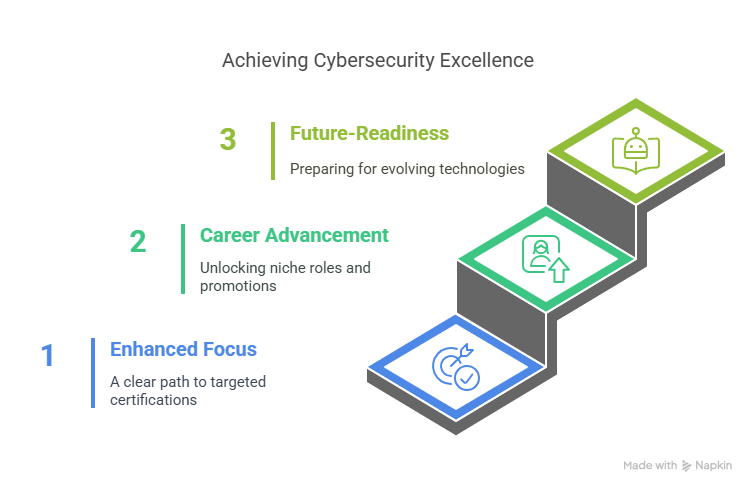
1. Enhanced Focus
A clear roadmap eliminates confusion and ensures you target the most relevant certifications based on your goals. Whether you’re looking to specialize in cloud security or advance into leadership roles, following this roadmap helps you stay focused and on track.
2. Career Advancement
Specialized certifications like ACSMI unlock opportunities for advancement into niche roles such as threat intelligence analyst, security architect, or CISO. Certifications help differentiate you from others in the job market, increasing your chances for promotions and higher-paying positions.
3. Future-Readiness
As the field of cybersecurity continues to evolve with new challenges and technologies, obtaining certifications that emphasize practical application ensures that you are always ready for the next big shift. Cybersecurity Certification Levels play a crucial role in this journey, helping professionals gauge their expertise and progress strategically. The roadmap helps you prepare for future technologies and cybersecurity trends, giving you the tools needed to adapt and thrive.
The Untold Benefits of Cybersecurity Certifications
Beyond technical skills and job qualifications, cybersecurity certifications have several unexpected benefits. For instance, certifications can enhance your professional reputation and influence beyond the workplace.
Take the example of Sarah Nguyen, a mid-level IT professional who became a recognized thought leader in cybersecurity after earning her CISSP and ACSMI Security Certification. Sarah leveraged her advanced credentials to speak at industry conferences and contribute to white papers on emerging cybersecurity threats. This not only earned her recognition within her company but also allowed her to network with industry executives, thereby expanding her influence in the cybersecurity community.
Certifications also teach vital leadership skills. Advanced certifications like CISM and the ACSMI Security Certification go beyond technical knowledge to include training on project management, risk assessment, and decision-making under pressure. These soft skills help transform tech specialists into leaders capable of bridging the gap between management and technical teams.
Moreover, certifications grant access to exclusive professional networks. Once you earn a recognized certification, you gain entry to alumni groups, mentorship programs, and private forums where top cybersecurity professionals exchange insights and tips. For example, ACSMI-certified professionals gain access to a global community that collaborates on solving emerging digital threats.
How to Follow the Cybersecurity Certification Roadmap 2025
Following a structured roadmap can significantly improve your chances of career success. Here’s how you can navigate the cybersecurity certification roadmap 2025:
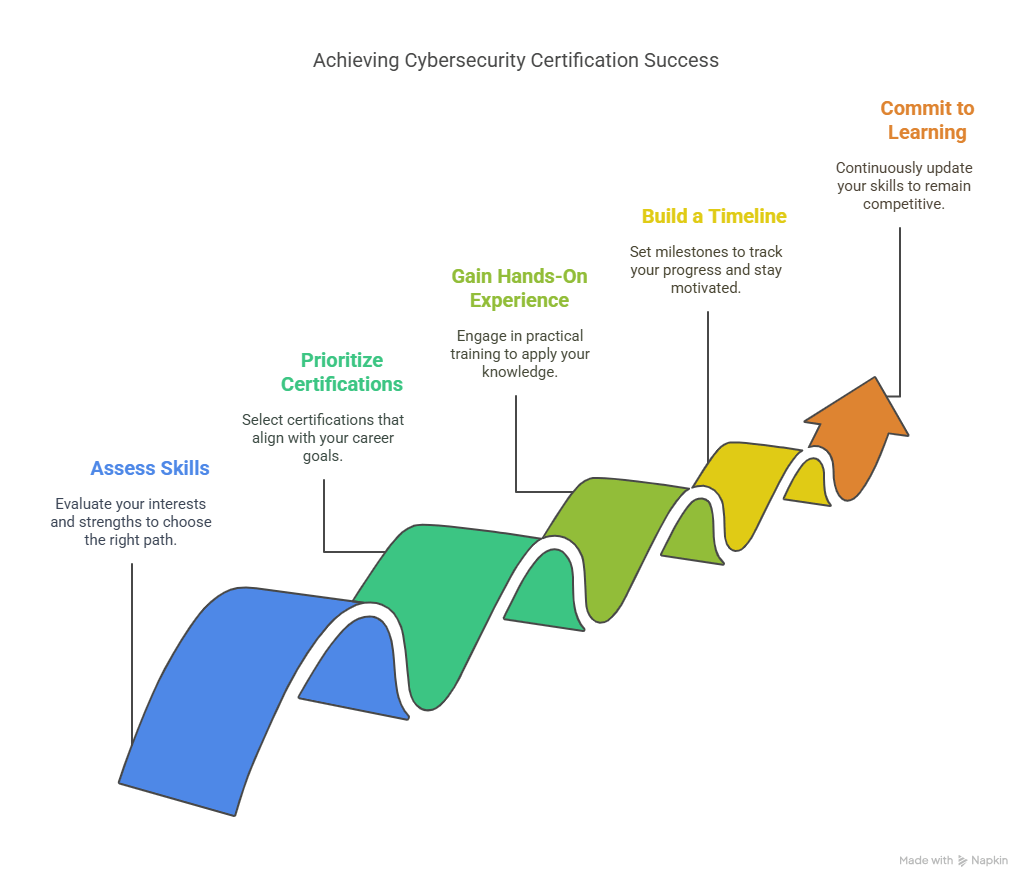
1. Assess Skills and Interests
Do you gravitate towards technical roles like threat hunting, or do you aspire to leadership? Certifications like Security+ and CEH suit technical tracks, while CISM and CISSP cater to those interested in management.
2. Prioritize Relevant Certifications
Filter certification options based on your desired career outcomes. Look for globally recognized credentials to increase your employability and enhance your marketability.
3. Focus on Hands-On Experience
Practical labs and real-world scenario training are essential. Programs like ACSMI integrate live simulations that prepare you for real-world challenges, which are invaluable for your success in the field.
4. Build a Timeline
Define clear milestones and set achievable goals as you progress from entry-level certifications to intermediate and advanced credentials. This structured approach will help you stay motivated and focused on long-term career success.
5. Stay Committed to Continuous Learning
Cybersecurity is a field that’s constantly evolving, and staying up-to-date is essential for maintaining your competitive edge. Commit to continuous learning to stay ahead of emerging threats and technologies.
Informative Table on ACSMI Certification
|
Certification |
Level |
Focus |
Key Skills |
|
CompTIA Security+ |
Beginner |
Network Security |
Risk Management, Threat Detection |
|
CEH |
Intermediate |
Ethical Hacking |
Penetration Testing, Vulnerability Assessment |
|
CISSP |
Advanced |
Security Management |
Risk Management, Policy Development |
|
ACSMI Security Certification |
All Levels |
Comprehensive Cybersecurity |
AI-driven Threat Responses, Cloud Security, Zero Trust Architecture |
Final Thoughts
Cybersecurity is not just a career; it’s a resilient and rewarding profession where skilled individuals create a lasting impact. Following the cybersecurity certification roadmap 2025 ensures you stay focused, informed, and agile in a rapidly advancing field. Certifications like ACSMI provide unparalleled training and career prospects, making them instrumental in achieving your aspirations. With this roadmap, there’s no better time to start preparing for a future rich in opportunities, where your expertise becomes the key to success.
FAQ About Cybersecurity Certification Roadmap 2025
1. Who can benefit from the cybersecurity certification roadmap 2025?
The roadmap benefits anyone from students to IT professionals and career transitioners by simplifying the certification process and helping align with career goals.
2. Are hands-on certifications worth it?
Yes, hands-on certifications, such as ACSMI Security Certification, ensure you’re prepared to handle live cyber incidents, making them highly valuable.
3. How do I choose between technical and managerial certifications?
Assess your career aspirations. If you’re aiming for technical roles, pen testers will benefit from technical certifications, while managers should consider certifications like CISM or CISSP.
4. Which certifications are new for 2025?
Emerging certifications like ACSMI’s advanced modules focus on AI-driven practices and threat intelligence, addressing cutting-edge industry shifts.
5. How long does it take to complete certifications?
Timelines vary. Beginner certifications may take weeks, while advanced certifications, like ACSMI with hundreds of modules, may require months of commitment.
6. Do certifications need to be renewed?
Yes, most certifications require renewal every 2–3 years. ACSMI, for example, offers clear pathways for continuing professional development.
7. Can certifications guarantee a cybersecurity job in 2025?
While certifications don’t guarantee a job, they significantly improve employability, especially for highly sought-after certifications like CISSP and CEH.
8. Why is ACSMI recommended in the cybersecurity certification roadmap 2025?
With over 400 modules, ACSMI combines breadth with depth, addressing the latest cybersecurity challenges while providing hands-on, practical training for immediate application.


